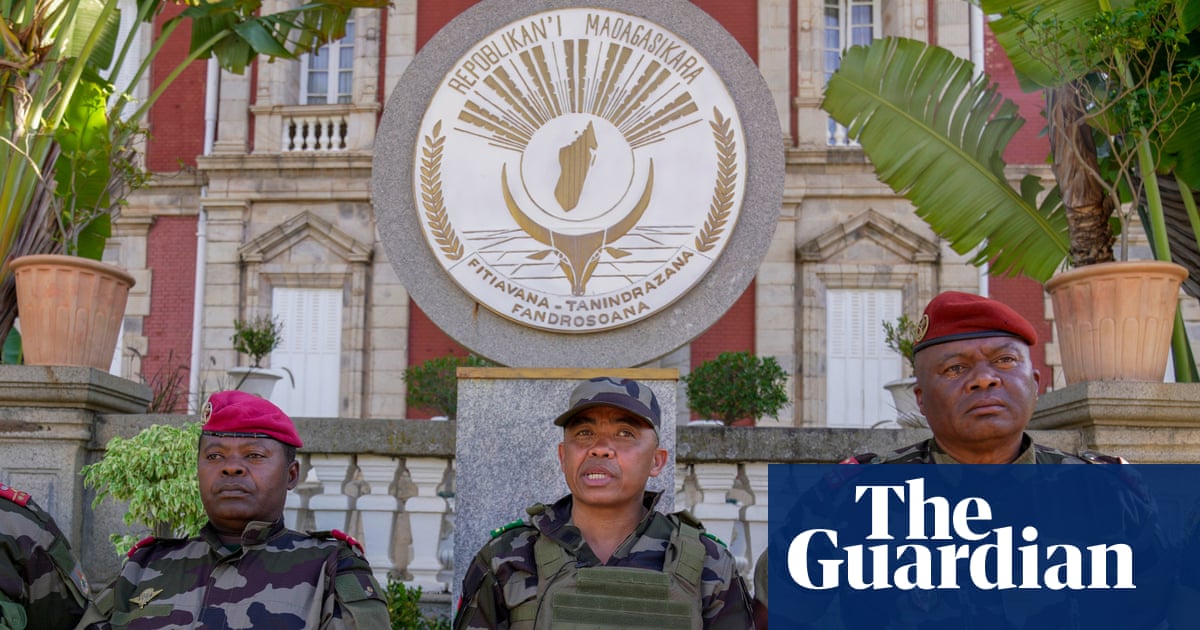Expected reduction in contributions by wealthy countries likely to cost millions of lives and billions in lost growth
Slashed contributions from wealthy countries to an anti-malaria fund could allow a resurgence of the disease, costing millions of lives and billions of pounds by the end of the decade, according to a new analysis.
Gareth Jenkins, of Malaria No More UK, said: “Cutting funding risks the deadliest resurgence we’ve ever seen.”
Analysts said the cost to sub-Saharan Africa would be substantial, and the region’s leaders have appealed to the G7 to maintain investment. They have also asked the private sector and high-net worth individuals to step in, saying better control of the disease would fuel economic growth and trade.
Joy Phumaphi, of the African Leaders Malaria Alliance (Alma), which co-commissioned the research with Malaria No More UK, said: “African countries are stepping up to the plate, and we are appealing to the rest of the world to accompany us on this journey, because all of us need to be part of the end story of malaria.”
The report estimated the impact of funding cuts to the Global Fund to Fight Aids, TB and Malaria – which is seeking donations to cover costs from 2027 to 2029. The fund provides nearly 60% of all international financing for malaria controls, such as mosquito nets and preventive drugs.
If funding was 20% lower than in the last round, researchers said there would be an additional 33 million cases and 82,000 deaths, and $5.14bn (£3.83bn) in lost GDP by 2030, according to the report.
However, funding cuts look likely. Germany pledged $1bn to the fund last week, a figure 23% lower than its last promise. The UK government is reportedly looking at a figure 20% down on its previous commitment, although it says no final decision has been made.
If a funding vacuum led to preventive malaria control collapsing entirely, the report estimates there would be 525 million more cases, 990,000 more deaths and $83bn in lost GDP. About 750,000 of those deaths would be of children under five, representing “the loss of a generation to malaria”, the report’s authors warned.
Conversely, they said that if the Global Fund received the full $18bn it was asking for, there would be a $230bn boost to GDP, 865 million fewer cases and 1.86 million fewer deaths.
Phumaphi said there had been “marked increases in [domestic] budget allocation not just to health, but specifically to malaria, particularly since the beginning of this year.
But she added: “I think we need to appreciate the enormity of the challenge and exactly how much is required in funding in order for countries to be able to catch up.”
African countries heavily burdened by servicing debt and the economic aftershocks of Covid-19 were facing not only infectious diseases but also a growing epidemic of non-communicable diseases such as diabetes and cancer, she said.
It was worrying, Phumaphi said, that donor countries were considering pledging less than in the last round, “but we are grateful that countries like Germany have pledged substantial amounts – a billion is quite a substantial amount.”
The former Botswana health minister said she was hopeful that wealthy individuals, the private sector and foundations would step up “because when we talk about productivity, jobs [and the] economic potential that Africa tends to lose, we are talking about potential investments and markets for the private sector”.
One of those individuals, the Nigerian businessman Aliko Dangote, encouraged others to join him in filling the funding gap: “Malaria is not just a health crisis; it is an $83bn brake on Africa’s growth and enterprise. Business cannot thrive in sick communities.”
Malaria’s impact on GDP was measured using factors including disrupted schooling, employee absences, and the impact on tourism and agriculture.
The Gates Foundation, which supports the Global Fund, is a philanthropic organisation that also contributes funding to support the editorially independent global development section of the Guardian
Source: www.theguardian.com
